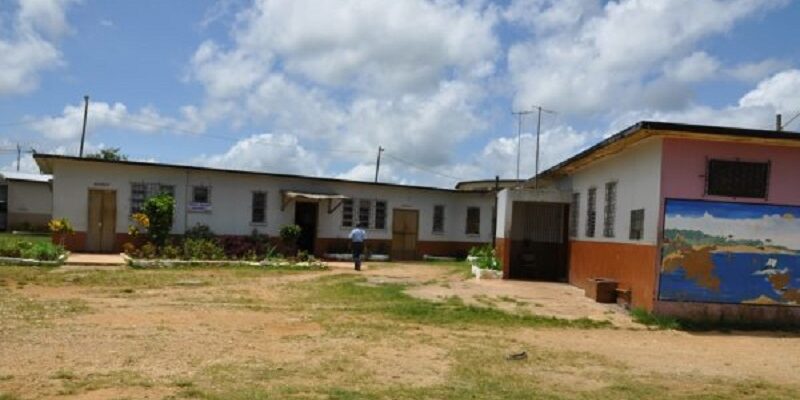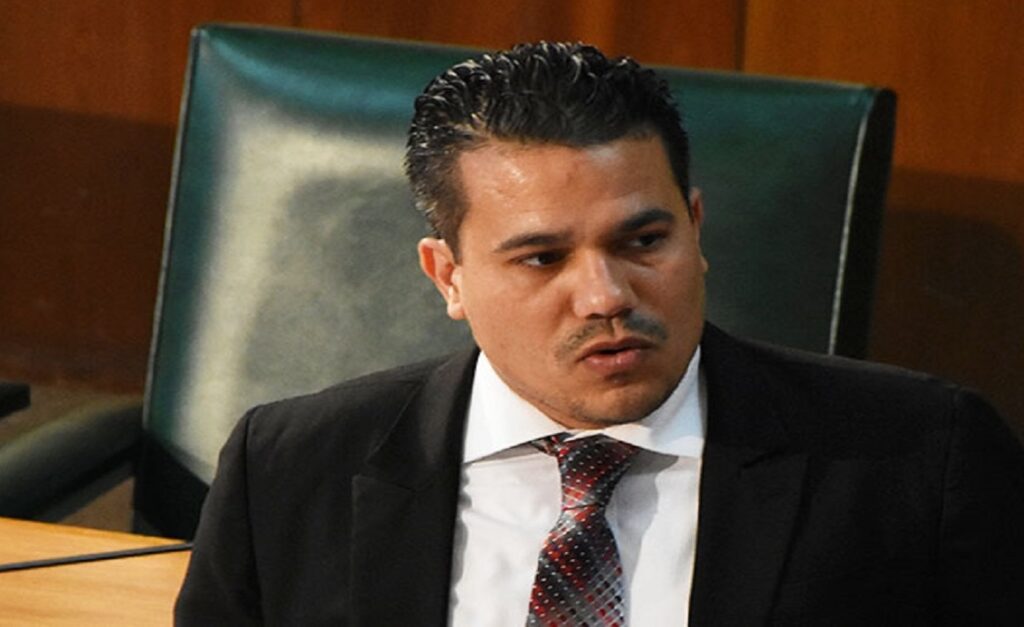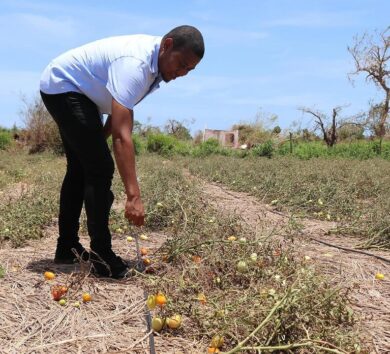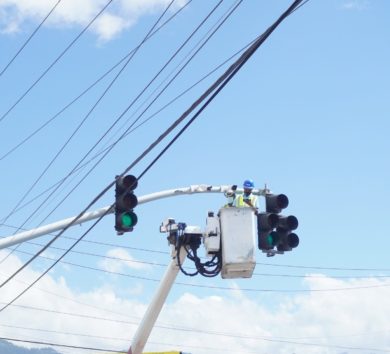
Move to disband judges’ power to issue correctional orders regarding juveniles deemed uncontrollable

The Jamaican Government has announced plans to carry out an overhaul of the juvenile correctional system, in wake of a damning report issued recently by the Independent Commission of Investigations (INDECOM).
Senator Matthew Samuda, minister without portfolio in the Ministry of National Security, made the announcement in the Senate earlier today (Friday), as he updated the lower house of Parliament on INDECOM’s special investigation report into the Rio Cobre Juvenile Correctional Centre.
Samuda conceded that the correctional services have suffered greatly because of chronic under investment and neglect.
He drew particular reference to what he described as “the ghastly condition of all infrastructures, weak management controls, which have led to many administrative bridges and urgent need for the development of standard operating procedures for several sections of the operation. The first aspect of this overhaul will see the discontinuation of judges exercising the discretionary power granted to the courts by the Child Care and Protection Act Section 24 subsection 2b to issue a correctional order to a juvenile deemed uncontrollable.
Wrong has never been corrected by successive governments
Samuda told the Senate that successive administrations have committed to correcting this wrong but it has never been followed through.

“This discretion must be removed. Quite frankly, we have spoken about it for too long and it is time to act,” Samuda said from a prepared statement as he addressed the Senate.
“This administration will act. Commitment has already been given by the Minister of Education, Youth and Information, Fayval Williams, and reiterated by Minister of State, Robert Morgan.”
Samuda said the move being made by the Holness administration would ensure that similar injustices do not recur in the future.
As it relates to the 26 juveniles who are deemed uncontrollable and in the custody of the Department of Correctional Services (DCS), Samuda disclosed that arrangements were being made to firstly have them separated from those juveniles who have been criminally charged or convicted.
In the meantime, consultations are being had with the Courts and the education minister in a bid to seek their permanent and appropriate relocation.
While conceding that a correctional facility is simply not set up to deal with the nuanced issues facing juveniles deemed uncontrollable, Samuda revealed that there are more than 200 juveniles in the custody of the DCS, of which approximately 17 per cent were sent there by the Courts after being deemed uncontrollable.
‘Jail Block’ review
With regard to discipline and the use of the ‘Jail Block’, which came under scrutiny in the report by INDECOM, Samuda said that despite it being used for years, there would be a review.
Already, written instructions have been issued to Commissioner of Corrections, Lt Col Gary Rowe, which include, among other things, that the ‘Jail Block’ is not to be used without written instructions.

In addition, it is to be made known to the correctional staff that the area is not to be used as a punishment, but rather as an area of separation when the assessment is that either the ward is in danger or endangering the well-being of others.
“Under no circumstances should the ward/wards be stripped. If there are concerns about the ward being a danger to himself, the appropriate consultation with the medical officer must be had and they must be placed in the Suicide Watch rooms designated for such, while they receive care, as opposed to the Jail Block,” the minister told senators.
Additionally, urgent work is to be undertaken to add an additional bathroom area, as well as reconfiguring the area to ensure that no request has to be made of anyone in the area to use the bathroom.
Samuda said the most recent use of the Jail Block was to separate four boys from the ward population after they had ganged up on and beaten another boy. This was to ensure the latter’s safety.
New working group appointed to overhaul correctional system
As part of the process of overhauling the system, the Government has convened a working group to address many of the issues in the INDECOM report, but with particular focus on the ‘duty of care’ to these inmates. The work will include:
- The focus on developing SOP’s which are in line with best practices and culturally appropriate for the discipline of inmates.
- Enhanced training for officers who interface with juveniles.
- Enhanced training for inmates.
- The conducting of a review of the educational programme within facilities.
- An evaluation of the psychosocial support available to wards.
Shauna Trowers, chief technical director in the Ministry of National Security, will chair the working group while the ministries of education and health, as well as the Office of the Public Defender, Children’s Advocate, UNICEF, Child Protection and Family Services Agency, and other government agencies have been invited to nominate a representative to the group.
Samuda said he would be engaging the unions representing correctional officers within the facilities to provide representation on the working group.
The terms of reference of the group will be published and the completion of the work will target a 90-day deadline.
Samuda said the group would receive “100 per cent support” of the DCS and total access to its facilities.







Comments